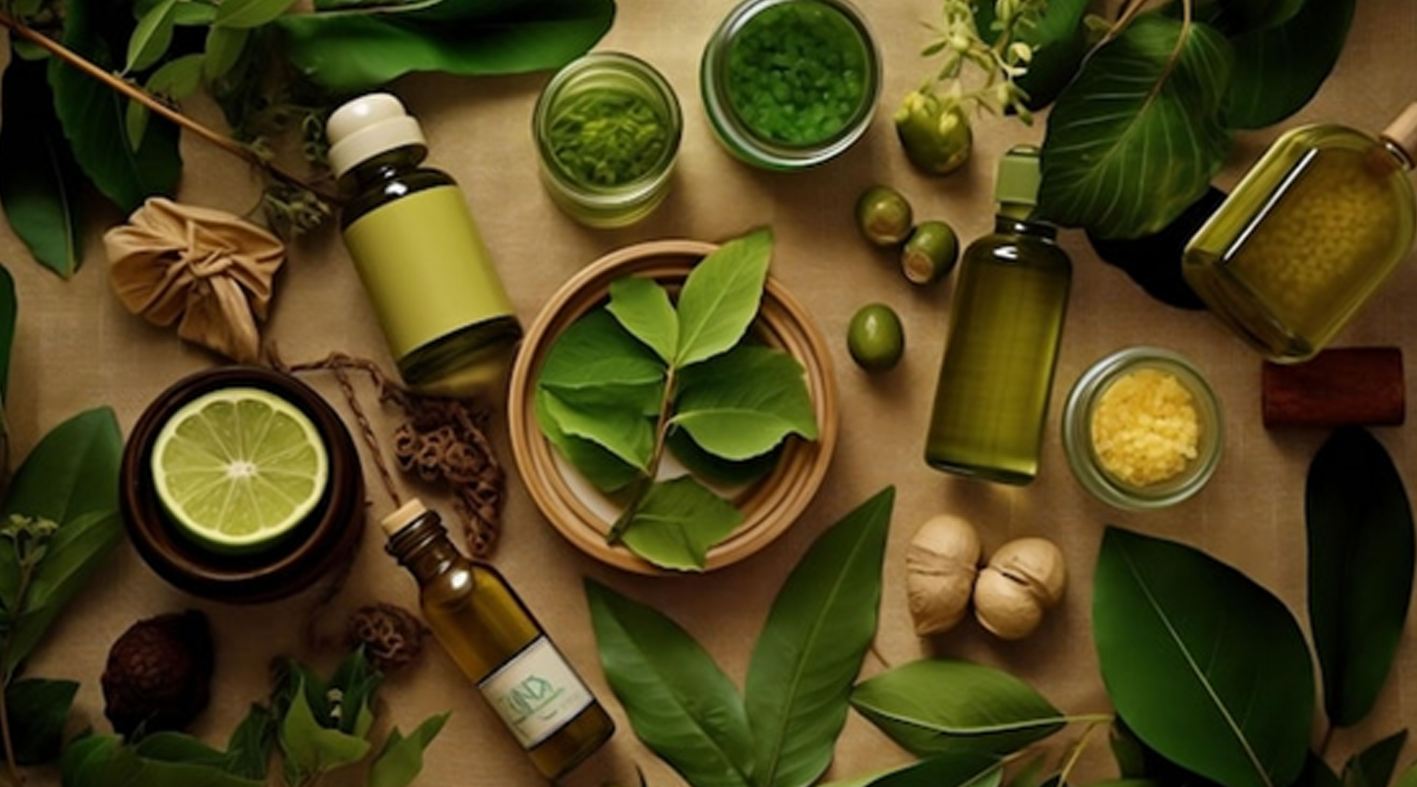Natural Skincare Remedies and DIY Treatments for Healthy Skin

Natural skincare treatments help restore your skin’s natural oils, which can be stripped by frequent washing with drying soaps. To hydrate your face and hands, try shea butter or other natural oils such as jojoba oil.
Tea tree oil can also be used as a simple blemish-fighting treatment. It has anti-microbial properties that may reduce the inflammatory type of acne, such as pink papules and tender pustules.
Tea Tree Oil
Tea tree oil, also known as melaleuca oil, is having a major moment, appearing in cleansers, natural face oils and even in hair products. “We love it because it’s antiseptic, anti-inflammatory and can help treat a variety of skin conditions,” says Dr. Jennifer Holman, a dermatologist with U.S. Dermatology Partners in East and South Texas.
It has antifungal properties, too, so you can keep a bottle of this stuff in your first aid kit to disinfect minor cuts and scrapes or use it as a treatment for nail fungus. But when used on the skin, this oil can cause irritation if it’s too strong or not properly diluted, so always perform a patch test on a small area of your body, like behind your ear, before using.
Experts recommend diluting it with water or a skin-safe carrier oil such as coconut, olive or jojoba. You can apply the mixture to your skin with a cotton ball to soothe itching and redness from dryness, reduce acne breakouts or get rid of dandruff.
Manuka Honey
Honey isn’t just that bear-shaped jar in your pantry, it’s actually a natural sweetener with antimicrobial properties that have been known to fight off bacteria. But not all honey is created equal—it’s the manuka variety that’s making waves in the beauty industry thanks to its wound-healing and anti-aging benefits.
Unlike traditional honey, manuka honey is sourced from the nectar of only one type of flower (monofloral), giving it a higher concentration of the molecule methylglyoxal (MGO). This gives it antibacterial and anti-inflammatory effects that are able to penetrate deep into the skin tissue to treat infections and soothe irritated skin conditions like acne and eczema.
Research has also shown that consuming manuka honey can help treat and prevent seasonal allergies by blocking histamines in the body. Try taking a tablespoon a day to see if it helps relieve your symptoms. In addition, apply manuka honey to minor scrapes and cuts. It may encourage the growth of cells called dermal fibroblasts that help your skin grow new skin tissue and heal from injuries.
Oatmeal
When it comes to DIY skincare, oatmeal has been long hailed as a natural skin-soothing remedy thanks to its lipid-rich beta glucan and anti-inflammatory phenols. Moreover, its saponins function as natural cleansers to remove excess sebum and impurities from pores without causing irritation or over-drying.
Aside from the calming effect, the anti-inflammatory properties of oatmeal can help relieve itching caused by rashes like chicken pox, insect bites and poison ivy. In addition, applying a paste made with oatmeal can help soothe itching and redness from shingles and other painful conditions like psoriasis.
Try blending dry, rolled oats into a powder to create colloidal oatmeal, then use it in a face mask or add it to your bath for a natural rehydration treatment. You can also make an oatmeal scrub and massage it gently into your face for a few minutes before rinsing with lukewarm water. This scrub can also be used as a polishing exfoliant for oily or acne-prone skin.
Shea Butter
Shea butter is a super skin care ingredient that does triple-duty. This creamy fat, which is solid at room temperature but melts on contact with the skin, fades scars (acne and non-acne) and heals sunburned or dry skin. It soothes inflammatory skin conditions like eczema and psoriasis, and even reduces the symptoms of rheumatism.
It also promotes strong antioxidant activity, which helps slow aging and dull-looking skin. Plus, shea butter may help protect skin from oxidative damage by inhibiting the formation of free radicals.
When choosing a shea butter for your skin, look for one that is free of preservatives such as parabens and phthalates and chemical UV filters such as oxybenzone, avobenzone, octisalate, and octocrylene. Or, try a body butter that only contains shea butter, such as this one that combines virgin African shea butter with Ghanaian baobab and Egyptian jojoba oil. This combo provides rich moisture without the icky ingredients you might find in a lot of over-the-counter products.